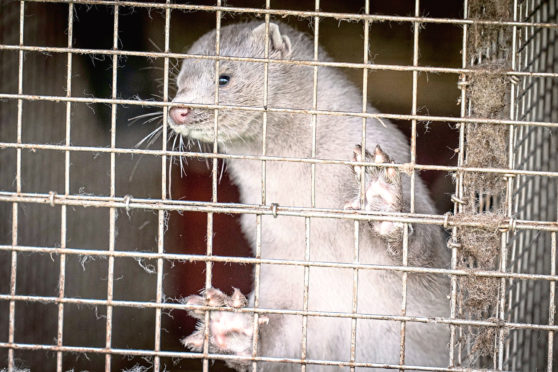
There will be a time, hopefully, in the not too distant future, when this crisis is over, to have the opportunity for real scrutiny of how governments led us through this pandemic.
There is little doubt – because the evidence already exists in the tragedy of the care homes, in the exponential deaths among minorities, in the tanking of the economy, in the rise in mental health issues, and in the widening chasm of all forms of global inequity – that there will be some hellish details contained within that exploration of facts.
Political heads may roll, painful times will be revisited, grieving could begin all over again and there will be a gut-wrenching sense of the lives we could have saved, if only…
But hopes of a vaccine by Christmas give us a tangible reason to dream of a better future.
And while I felt a rare sense of optimism in the gloom that has hung over 2020 with the news that a vaccine was on its way, it was quickly tempered by a realisation, evident in the immediate changing fortunes of stocks and shares, that all talk of “building back better”, of expanding on that sense of cooperation and solidarity, of a levelling out of mankind, and of creating a world that is fairer, nicer and more equitable, was likely just wishful thinking.
Global stocks surged to record numbers after Pfizer and BioNTech announced that their vaccine was 90% effective in clinical trials. Hope was injected into global economies and the pound signs started spinning.
The lion’s share of the potential Pfizer vaccine – set to earn the company almost £10billion in the coming year – is already claimed by high-income nations. The UK has 40 million doses on order. We’ve paid up front for a vaccine that is still to come and with an eye-watering bill that simply puts countries like ours at the front of the queue and leaves large swathes of the world’s population unprotected.
Faced with an existential threat to humanity, it’s still profit, not people, to the fore. There is no universality when it comes to saving the world. No simple generosity of spirit or a sense of us all being in this together.
Covid-19 has exposed discrimination, shone a light on inequality, created divisions and meant a legacy of mass unemployment, austerity, and a lost generation.
One possible transformational opportunity of this terrible time has been the prospect of creating a different world, a world where a vaccine isn’t produced for profit and rationed out, depending on wealth. Where mink aren’t bred to cloak the shoulders of the rich or to create false eyelashes for wealthy women who are more comfortable in the skin of a captive animal than in their own, but where the mink then becomes a spreader of the virus. Where children don’t go to bed hungry while rich people pay for extravagantly priced coffee beans that have, ironically, passed through the digestive system of a small mammal once held responsible for SARS or where animal delicacies, sold in wet markets, literally do become the death of us all.
Irony has hung heavy during this pandemic, but it’s a time to tear up the old rule book and do things differently.
Let’s start with the availability of a vaccine for all.

Enjoy the convenience of having The Sunday Post delivered as a digital ePaper straight to your smartphone, tablet or computer.
Subscribe for only £5.49 a month and enjoy all the benefits of the printed paper as a digital replica.
Subscribe